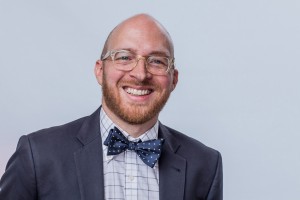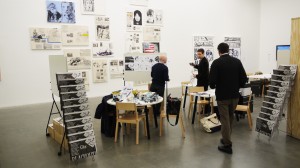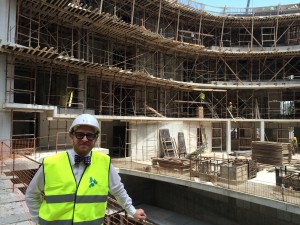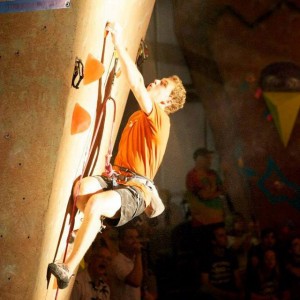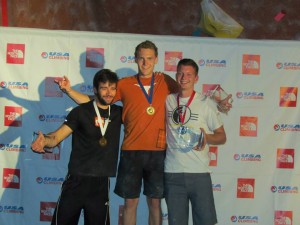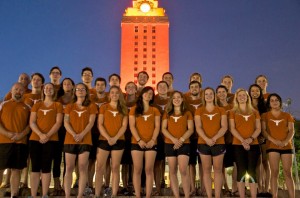Position: Summer Business Analyst
What steps did you take to secure your internship?
I think to really maximize your chances at getting an internship; it’s very good to be proactive. Most students begin to think about recruiting over the summer and tend to focus on case prep and networking. I actually think the best thing to do before hand is to evaluate your current commitments/involvements and look for ways to really excel and make an impact. Behavioral and case prep can be mastered in a set amount of time, but you can’t go back and change the results of your previous internship/experience. When the interview comes around, what will you have to say about your last job? Make it a good story and don’t worry about the interviews. That will come later.
What were the responsibilities for this role?
The role focused heavily on analysis. Each day, the team would have a discussion on small problems to solve. For example, if our overall goal was to improve our client’s marketing efforts, one week we may focus on the sales funnel (generating leads all the way to closing sales). As a summer business analyst, my responsibilities were two-fold:
1) Contribute to the overall discussion and direction of the project
2) Find data, perform analysis and extract insights based on #1. For example, I would look at what data do we have regarding the sales funnel? How many leads do we generate? What percentage of them do we close? Where are we losing the most people in the process? What does that say about our client’s problem? Most of this involved Excel, industry research and interviews to extract tangible insights regarding the problem.
Describe the culture within the organization.
McKinsey’s culture was extremely tangible and was a guiding tool for all members at the firm. McKinsey really focuses on creating exceptional value for clients and attracting/developing exceptional people. Even as an intern, I attended two conferences in Atlanta and Miami which offered not only great team bonding experiences, but the opportunity to learn from people much more senior than me at the firm. McKinsey is constantly investing in people development and I was amazed at how much my own mentor invested in me.
What was most surprising or unexpected during your experience?
Building off of my last answer, I was surprised by how much my own mentor cared about my development. In most jobs, feedback happens every 2-6 months. At McKinsey, I sat down with my manager every 2 weeks so he could gauge how I was feeling about the overall project and help provide guidance. Furthermore, feedback always went both ways, and most senior people at the firm were open to feedback. This feedback happened in various channels from anonymous bi-monthly surveys to casual team dinners.
What advice would you offer your peers in the Honors Program about getting the most out of an internship?
The tendency in an internship is to be on cruise control – let the work come your way and be more reactive than proactive. In my first internship, I didn’t set any goals for myself because I assumed that a competitive internship would naturally teach me a lot. If I could go back in time, I would set hard goals for myself because the reality is that everyone is busy (especially in a corporate environment). No one is more responsible for your development than you. Set some tangible goals – it could be excel skills or getting guidance from senior people. What ever it may be, be able to define what a successful summer for you is before school even ends.
What was your favorite part about this internship?
Definitely the people. This is very cliché, but the diversity and intellectual horsepower was very refreshing for me. I worked with three PhDs, former entrepreneurs, lawyers, and many more interesting backgrounds. I’ve never had that kind of exposure before and everyone had a good story to tell.
How did you find your classes in the Business Honors Program at the university to be applicable during your internship?
I think the case study approach is really valuable in consulting. So much of the value we (consultants) bring is just industry knowledge and best practices. When I think back to the cases in management, it was very cool to compare and contrast concepts such as org design between my client and the companies we studied in class. The process of learning industry practices was very similar to analyzing cases in class.
How did this organization ensure you got the most out of your internship experience?
Constant feedback, frequent conversations about how I was doing, and lots of time outside the office.
What are the most valuable lessons you gained from this internship?
There is always someone smarter than you and someone who worked harder than you to get here.
__________________________________________________________________
Most recently, Jay has accepted a full-time offer with McKinsey as a Business Analyst. Congratulations, Jay!


